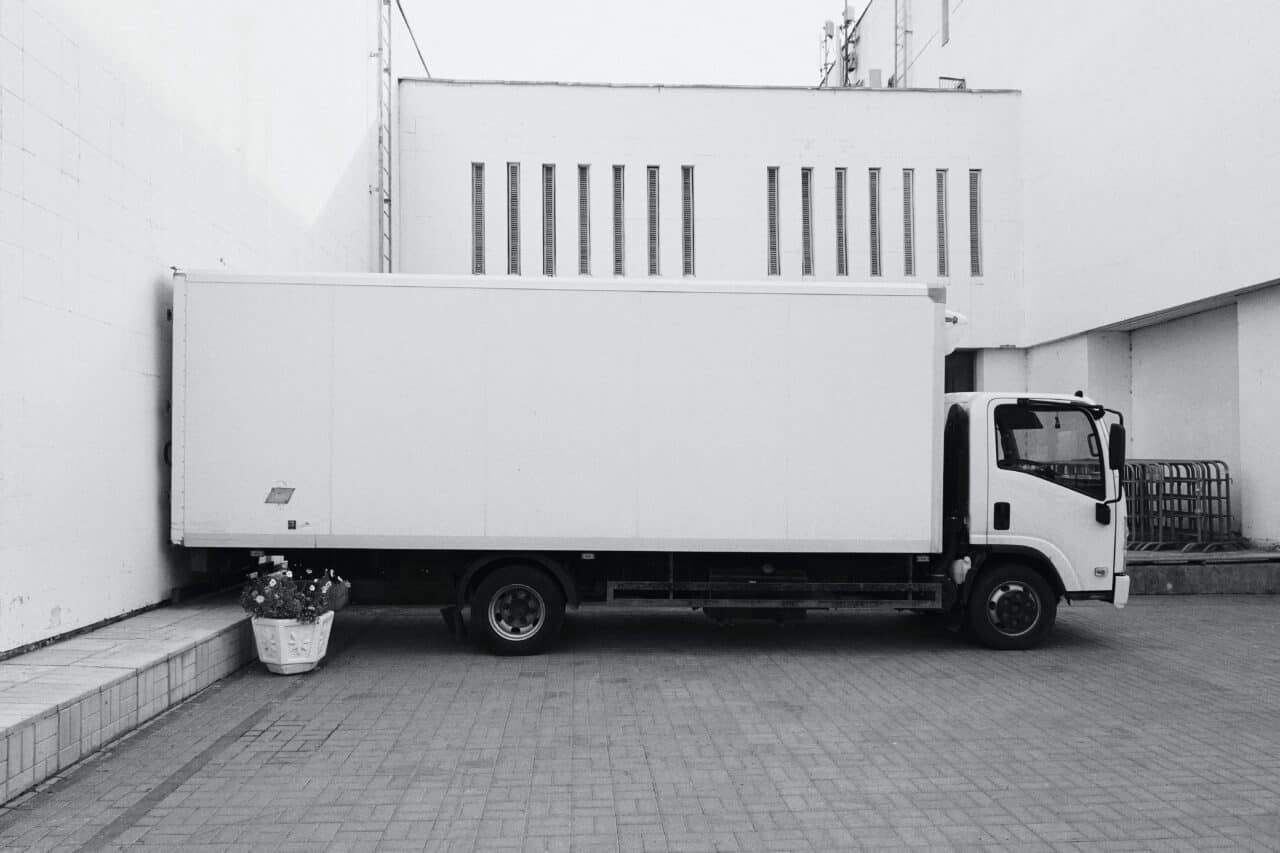Need any help? Contact us:

Table of Contents
Ensuring the profitability and longevity of your small business is paramount. However, 50% of small businesses don’t survive more than five years.
Where do they go wrong? One crucial aspect that often gets overlooked is having the right insurance policies in place.
While a few care to think about worst-case scenarios, having comprehensive coverage protects your business from unforeseen situations and potential financial disasters.
That’s why it is essential to be proactive and protect your business against potential risks. From truck driver insurance to cyber liability insurance, there are a few insurance policies that every small business must consider.
In this article, we’ll explore seven key policies that cover most of the potential risks and are essential for you as a small business owner. These policies ensure the smooth operation of your business and protect your hard-earned assets. So don’t wait until it’s too late—let’s dive in and discover the seven key insurance policies that your small business needs today:
Truck driver insurance

Truck drivers are always vulnerable to uncertainties due to the complexities associated with their work. They drive massive vehicles, loaded with heavy weights, and any subtle malfunction in a truck part can lead to a fatality.
Environmental factors also affect. The truck drivers have to cover considerably long distances, sometimes across state lines and even borders. With long distances, the climate also varies throughout their single journey. They face:
- Rain: slippery road
- Fog: vision impairment
- Sun: Glare
- Snow: risk of ice
and so on.
That’s why, if you’re a small logistics business and have employed truck drivers for your fleet, insurance for truck drivers is the difference between life and bankruptcy.
In many countries across the world, it is mandated by law for truck drivers to get insured.
The insurance covers the medical care if the driver is injured during their haul. It also covers the damage caused to the freight.
Freight insurance
When getting truck driver insurance, ensure that it includes freight damage coverage as well. If it doesn’t, you must get freight insurance separately.
Being a small logistics company, if you’re not insured for freight, you’ll incur significant expenses to cover the damaged freight of your customers.
If the damaged freight was valuable and worth a lot, you may even risk the survival of your small business by covering all the damaged freight at your business’s expense.
You don’t want that, right? That’s why truck driver insurance is one of the key insurance policies you must have as a small logistics business.
Additionally, to also cover the trucks, Long-haul trucking insurance is essential for protecting your valuable assets and mitigating potential financial risks associated with long-distance transportation.
Workers’ compensation insurance

If you’re a manufacturing business and have employees working with machines, they always run a risk of injuries during work. Even if you’re not a manufacturing business, your employees may fall ill anytime.
You’re required to:
- pay for the harm or illness that occurred during their work at your business site
- pay the lost wages to the employees during the time they couldn’t work due to work-related injuries or illnesses
- cover their medical expenses
These uncertainties happen, and you must get yourself insured; otherwise, you will have to compensate your workers directly from your business’s funds. In the U.S., the average cost of workers’ compensation was $1,080 per employee in 2021.
Product liability insurance
If your products have caused any injury or harm to the consumers, they can sue you, and you’re liable to compensate them if the harm occurred due to some defect in your product. Small businesses incur an average of $1,192 per year for product liability claims in the U.S.
Legally, you are responsible for three types of product liabilities:
- Design defects: they are the most costly. They are associated with a flaw in the design process of your product before its production. If the plaintiff proves that a safer design was possible, the business may be legally required to compensate for all products sold.
- Production defects: as the name suggests, they are associated with flaws in your production processes. If a production process error has occurred, the legal action applies only to the batch produced during that flawed process, not all the products ever sold.
- Marketing defects: Businesses are also legally responsible for the marketing defects of a product. If a business has falsely marketed a product, consumers can file a claim. It also includes the responsibility of a business if it has not informed the consumers of the possible harms associated with the use of its product.
To compensate against these claims, small businesses must ensure that they are insured for the product liabilities. These claims are bound to happen, even the well-reputed giant businesses have fallen prey to these lawsuits in the past.
In 2008, General Motors Co. had to face a class-action lawsuit. They ended up paying a whopping $150 million to their customers to compensate them. You’ll think twice now about insuring for product liability, won’t you?
Business property insurance
Small businesses often don’t have a diversified portfolio of investments; much of their funds are invested in the business property. If substantial damage occurs to a small business’s property due to any uncertain event such as fire or theft, they may not be able to survive anymore (unless insured) profitably.
That’s why getting your business property insured is one of the crucial things you must do right after setting up a small business. It generally covers the replacement or repair costs, in case of an unforeseen event, for the following assets:
- Tools and equipment that you use to operate
- Damaged inventory
- Damaged furniture such as chairs and tables
- Other damaged physical assets or documents
What’s more, the insurance also covers the lost income that the business could earn if the unforeseen event hadn’t occurred. Or, the income that the business could have earned with the insurance-covered assets if they were not damaged.
Business interruption insurance
You have no control over disasters such as fire, flood, building collapse, and also theft. They can happen anytime unexpectedly and make your business suffer. However, you can save your business from this suffering by getting business interruption insurance.
It recovers the lost income and operating expenses if your business is interrupted and forced to shut down due to the above-mentioned disasters.
The combination of business property insurance and business interruption insurance works the best. For instance, if you’re insured for both and your business facility is forced to shut down due to substantial damage caused by fire, you’re all covered and have little to worry about.
Business property insurance will get most of your damaged assets replaced or repaired, and business interruption insurance will cover your lost income.
Cyber liability insurance
Technology has brought many solutions for businesses. It helps reduce costs and save resources by:
- automating repetitive tasks,
- streamlining many business processes,
- enhancing collaboration and communication,
- aiding rational decision-making with the help of facts and data,
- revealing helpful insights and trends from consumer data, and much more
Given these many benefits, businesses have kept relying more and more on technology. However, as the technology gets more complex and sophisticated, the risk of cyberattacks increases.
Large enterprises may have enough resources to yield more benefits out of the technology than the costs associated with the cyberattacks. 60% of small businesses, however, go out of business within six months after a cyberattack. This harsh reality underscores the importance of making informed cybersecurity decisions, such as evaluating options like NordVPN vs Surfshark, to protect businesses of all sizes from potential threats
That’s why, being a small business relying on technology, you must get yourself insured for cyber liability. The insurance covers:
- Lost income due to the cyberattack
- Cost of replacing or repairing damaged computer systems
- Litigation expenses
- Crisis management expenses
- Cost of recovering compromised data
Protect your small business with essential insurance policies
Banks are reluctant to give loans to small businesses. Small businesses often can’t generate funds by offering shares or bonds either.
That’s why small business owners often have to put all of their personal savings into the business. They nourish it like their child and strive to ensure its longevity and profitability.
However, any of the uncertainties can happen anytime and take you out of the business if you’re not covered against those risks. It can be negligence from your side that resulted in a harmful product, your marketing flaw, theft, or even a natural disaster you’ve no control over.
To be proactive against all these risks, you must get your business insured for the key policies mentioned in this article.
All of them may not apply in your case, depending on the type of your business. So make sure to understand what insurance policies for small business are crucial to you.
Author’s bio

Saifullah Napar is a content writer who has worked in this field for the past three years. He has been writing on business technology, blockchain, fintech, and digital marketing topics. (LinkedIn)




